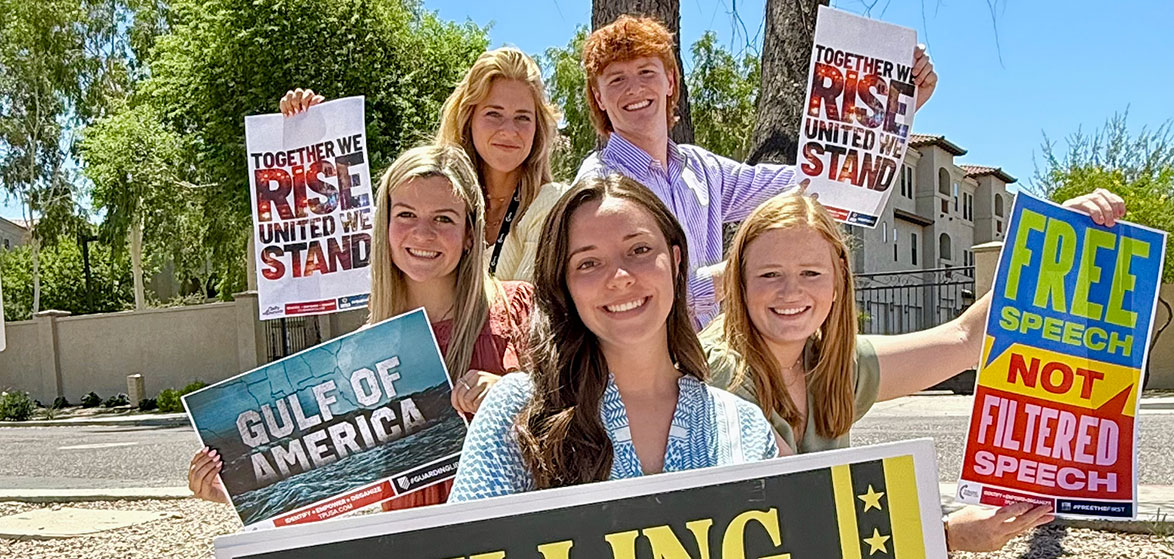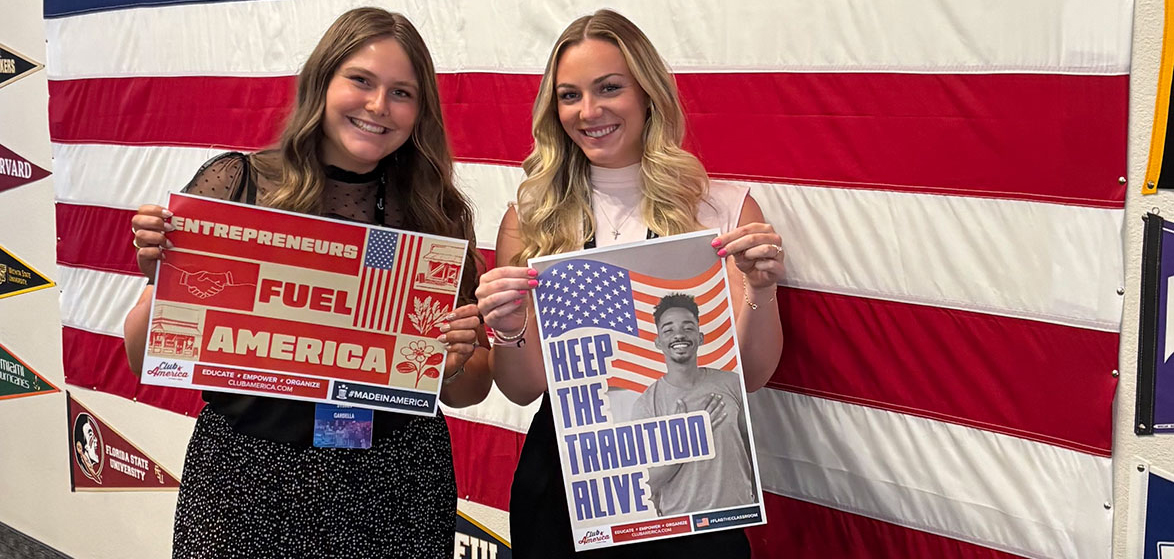
The Supreme Court ruled Thursday that college admissions may no longer use race as a factor when granting students admission, a decision that will overturn the previous standard of Affirmative Action.
In a 6-3 ruling handed down this morning, the Supreme Court has determined that race-based admission standards violate the 14th Amendment’s Equal Protection Clause. Chief Justice John Roberts, who wrote the majority opinion, stated that Harvard and the University of North Carolina have violated the Equal Protection Clause in their admissions programs and have failed to state “measurable objectives warranting the use of race” during admissions.
“Both programs lack sufficiently focused and measurable objectives warranting the use of race, unavoidably employ race in a negative manner, involve racial stereotyping, and lack meaningful end points,” Chief Justice Roberts wrote. “We have never permitted admissions programs to work in that way, and we will not do so today.”
The court did rule, however, that race can be used in admission programs to some degree. “Nothing prohibits universities from considering an applicant’s discussion of how race affected the applicant’s life, so long as that discussion is concretely tied to a quality of character or unique ability that the particular applicant can contribute to the university,” Chief Justice Roberts asserted in the majority opinion.
The decision overturns a previous Supreme Court ruling that said colleges can use race-based admission practices to protect the diversity of their student body. In this case, Grutter v. Bollinger, Justice Sandra Day O’Connor wrote, “In the context of its individualized inquiry into the possible diversity contributions of all applicants, the Law School’s race-conscious admissions program does not unduly harm non-minority applicants.”
The court’s ruling has angered many on the left who argue that Affirmative Action in college admissions is a way to atone for the racist practices that took place in America’s past. Justice Ketanji Brown Jackson spoke to this in her dissenting opinion, arguing that race speaks to a college candidate’s “lived experiences.”
“No one benefits from ignorance. Although formal race-linked legal barriers are gone, race still matters to the lived experiences of all Americans in innumerable ways, and today’s ruling makes things worse, not better. The best that can be said of the majority’s perspective is that it proceeds (ostrich-like) from the hope that preventing consideration of race will end racism. But if that is its motivation, the majority proceeds in vain. If the colleges of this country are required to ignore a thing that matters, it will not just go away. It will take longer for racism to leave us. And, ultimately, ignoring race just makes it matter more.“
Justice Ketanji Brown Jackson’s dissenting opinion
However, Justice Clarence Thomas issued a fierce statement to rebut Justice Jacksons’ arguments. In a concurring opinion with the court’s ruling, Thomas condemned the belief that individuals are the sum of their skin color.
“Even in the segregated South where I grew up, individuals were not the sum of their skin color. Then as now, not all disparities are based on race; not all people are racist; and not all differences between individuals are ascribable to race.“
“Accordingly, JUSTICE JACKSON’s race-infused world view falls flat at each step. Individuals are the sum of their unique experiences, challenges, and accomplishments. What matters is not the barriers they face, but how they choose to confront them. And their race is not to blame for everything—good or bad—that happens in their lives. A contrary, myopic world view based on individuals’ skin color to the total exclusion of their personal choices is nothing short of racial determinism.“
Justice Clarence Thomas’ concurring opinion
Because Affirmative Action practices take race into consideration when determining which candidates are admitted to a university, higher-qualified candidates lose opportunities if they are a member of a race with a higher acceptance rate. This is especially true for Asian American students applying to our nation’s top universities.
“How, for example, would Justice Jackson explain the need for race-based preferences to the Chinese student who has worked hard his whole life, only to be denied college admission in part because of his skin color,” Justice Thomas pointed out in his concurring opinion.
The Supreme Court’s ruling is a major win for advocates of equality. While some advocates of Affirmative Action may have the sincere belief that it rights the wrongs of our nation’s past, they fail to release that the practice discriminates against those who work the hardest. Colleges should not be prioritizing some individuals over others on account of race. Rather, every candidate should be judged according to his or her merit.















